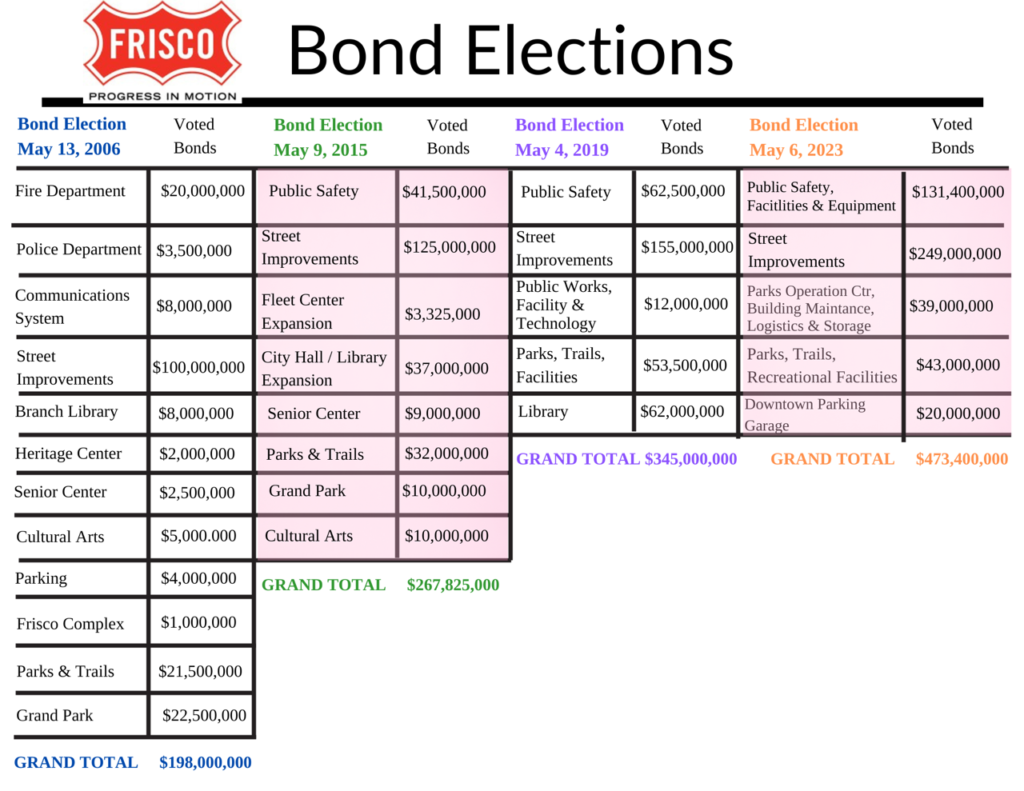Did you think we were done talking about the upcoming City Council meeting and the published agenda? Think again, it is time to continue our journey down the yellow brick road. The consent agenda is often used to streamline the approval process for items considered routine or non-controversial. Consent agenda items are typically approved without individual discussion unless a council person requests to pull an item for discussion. This means important matters may be approved with little to no public discussion or debate and we would argue it can be used to obscure or hide certain matters from public scrutiny.
We identified another item on the upcoming consent agenda for the Frisco City Council Meeting on May 21, 2024. Under the consent agenda we noticed Item 22 which is to execute a proposal from GL Seaman and Co to provide and install furniture worth $140,999 for Fire Station #10. It said funds are available through “BONDS” related to this project. We will come back to this.
A little history, since 2006 over the course of 4 bond elections (2006, 2015, 2019, and 2023) the city has asked residents to approve $258,900,000 for public safety. We detailed out the Bond information our previous blog Bond, Frisco Bond! 007. If you have not read it, then you should because you will be surprised you paid for some items twice.

Typically, bonds are used for large expensive and long-lived capital improvements & projects such as road or street improvements, parks, water treatment facilities, and building of new facilities or updates to public buildings (libraries, police stations, fire stations). Investors who buy municipal bonds are lending money to the issuer in exchange for interest payments and the return of the principal at maturity.
According to a 2023 report in Munichain, the City of Frisco, Texas, sold almost $233 million in bonds to fund municipal improvements. The bonds will finance improvements to Frisco’s roads, waterworks, parks, and municipal center, as well as the construction of a new garage in the city’s downtown area, among other projects. The city issued the bonds in three series.
- The Series 2023 bonds, consisting of $161.5 million, mature between 2024 and 2043, yielding between 2.8% and 4.14%.
- The Series 2023A bonds, consisting of $18.5 million, also mature between 2024 and 2043, yielding between 2.85% and 4.15%.
- The Series 2023B bonds, which are taxable, mature between 2026 and 2038, yielding between 4.35% and 4.875%.
Using these bonds responsibly is important because the money was subject to voter approval and must align with legal requirements for municipal bonds. Bond funds are generally intended for long-term capital improvements, so we asked ourselves, is furniture a capital improvement? We pulled up the purchase order and compared it to the actual Knoll Omnia Partners contract referenced in the agenda memo. Technically if it is a permanent structural change then it would be considered acceptable but surprisingly several of the items listed on the purchase order are “Freestanding” furniture items on casters. The items on the po that are “system furniture” are those you see in most offices around the country, of course could be paid for by capital improvements as they permanent furniture systems.
Why are we pointing this out? Well, we support using bond money to build a new fire station for our hard-working men in the FD. It is a place where many of them spend holidays away from their families while we enjoy the comfort of home. We have no problem with top-of-the-line amenities for our PD and FD. We just want to know why we would use bond money for movable furniture over the city’s general fund. Why would we pay interest for years for movable furniture which could be replaced before the bond ever hits the maturity date.
Do you think is furniture a good use of bond money or not? Leave us your opinion in the comments.
0 Comments